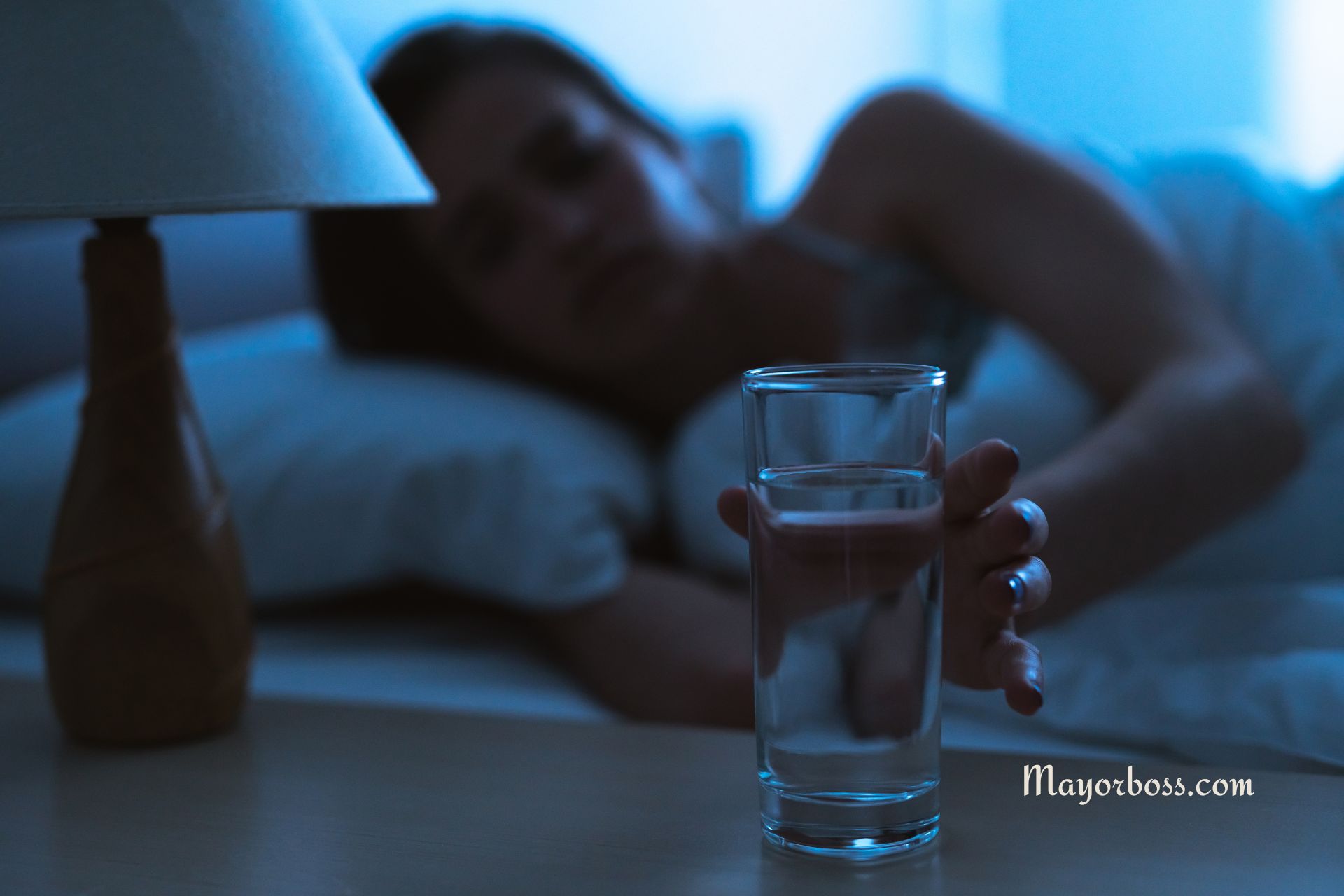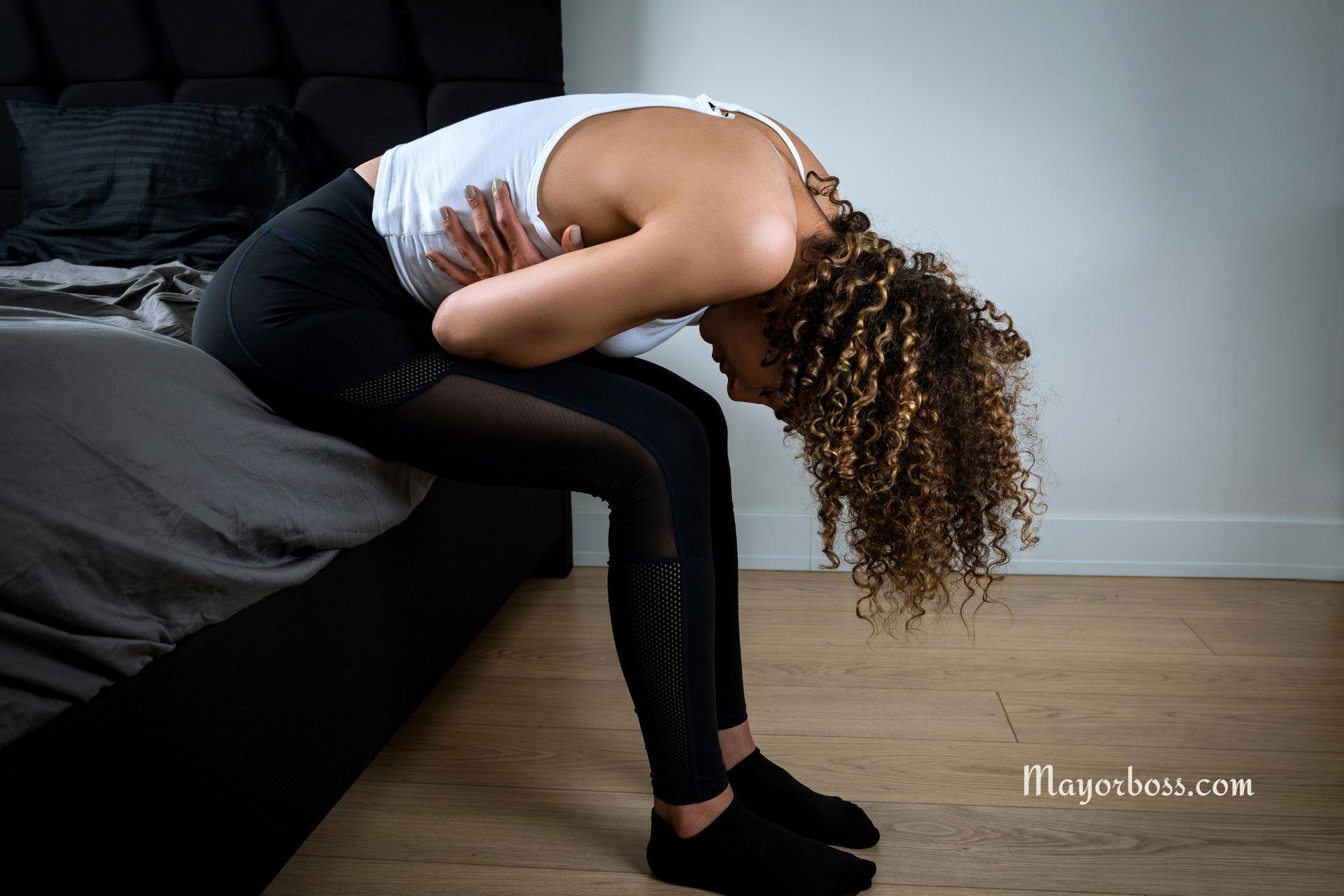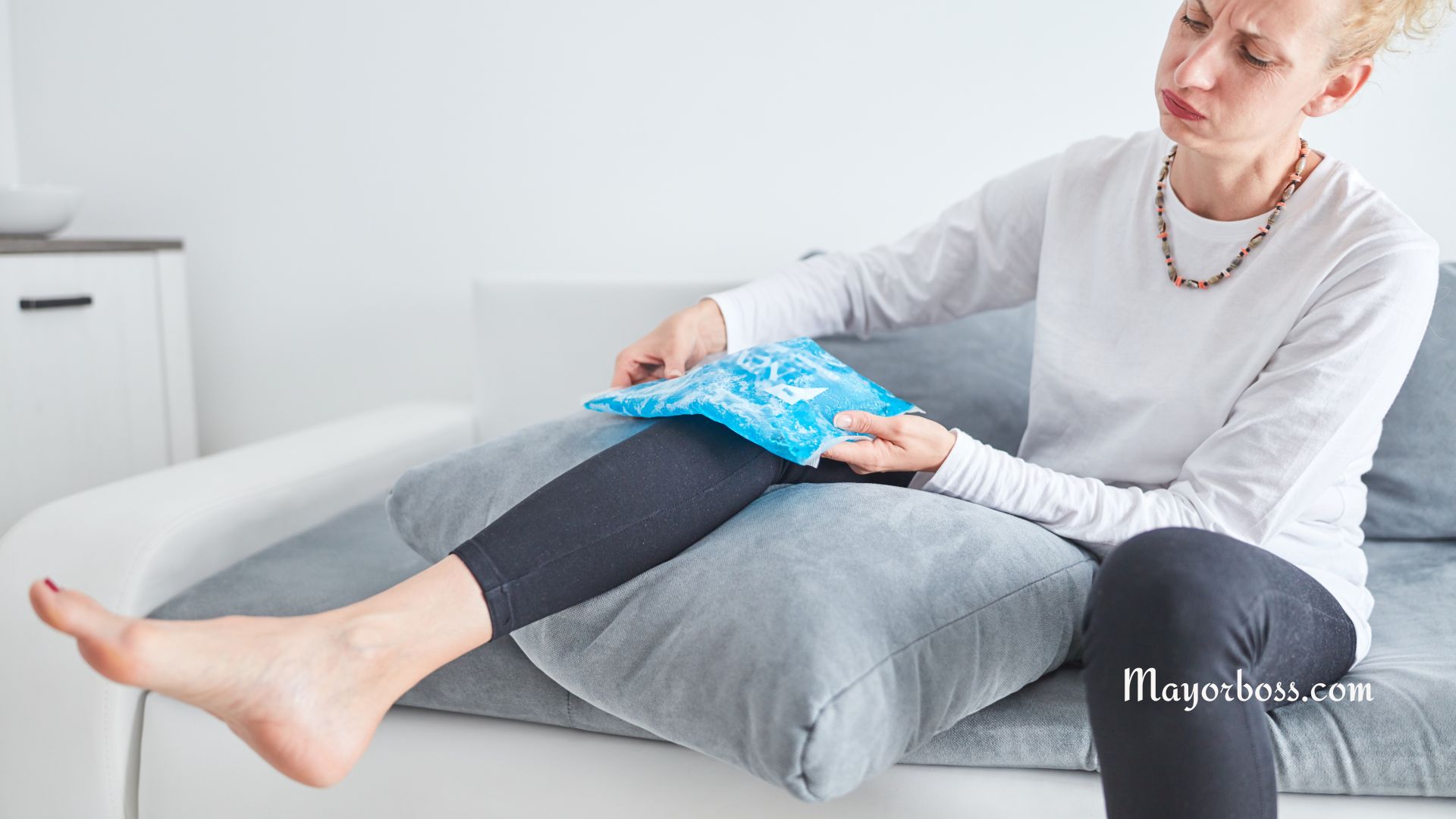Side Effects Of Having Mold Hidden In Your Home
Mold hidden in your home can trigger coughing, allergies, fatigue, and even worsen asthma without you realizing the cause. Breathing in mold spores over time may affect your skin, lungs, and overall health.
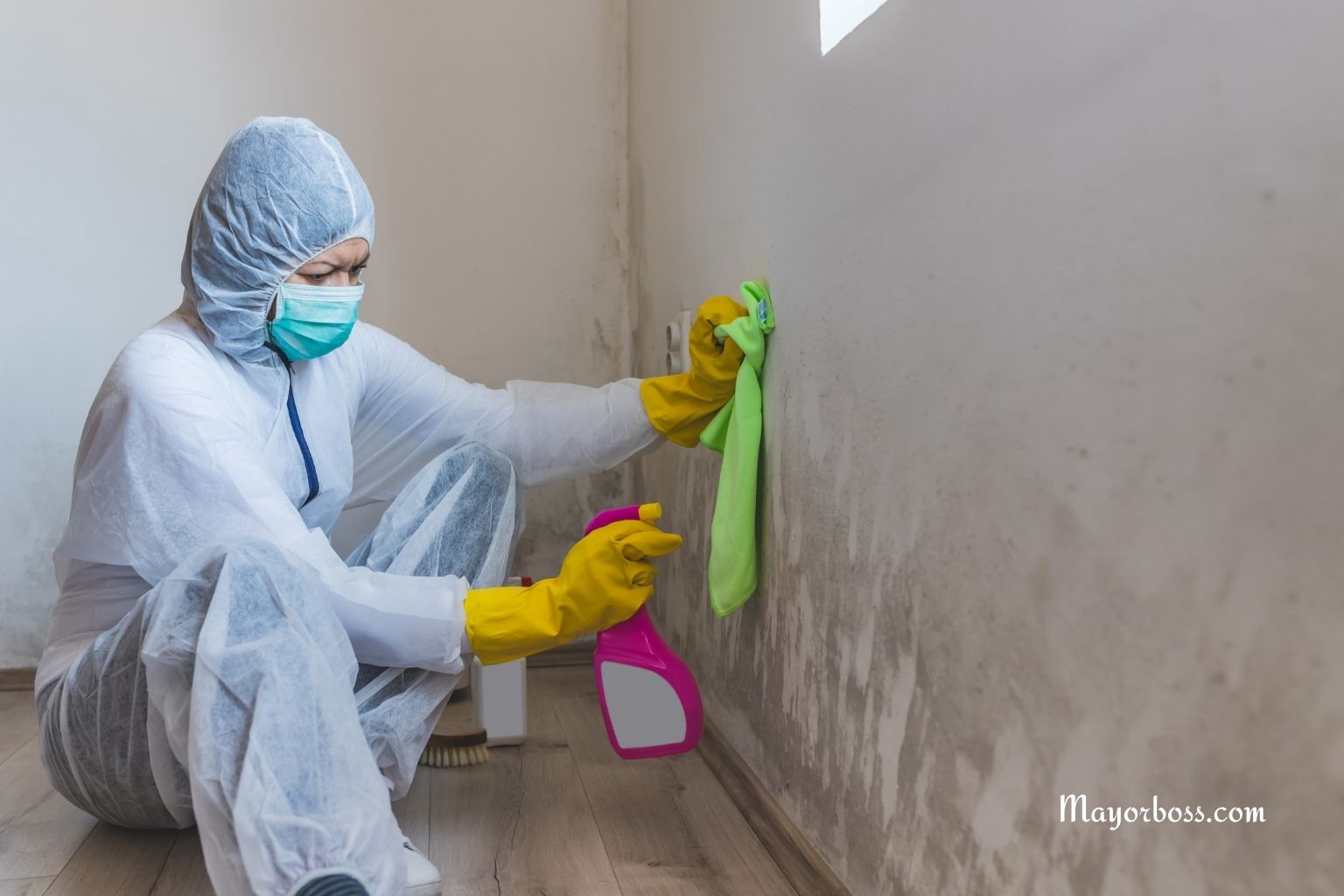
Mold thrives in damp, warm, and poorly ventilated places. Bathrooms, basements, kitchens, and areas near leaks are common problem spots. Even if you can’t see mold, it may still grow behind drywall, under carpets, or inside air vents. Once established, mold spreads quickly through tiny airborne spores. Breathing in those spores is what leads to health concerns.
In this article, I’ll explain the possible side effects of hidden mold, why it happens, and what you can do about it.
Respiratory Symptoms

One of the most common effects of hidden mold is trouble breathing. You may notice coughing, sneezing, or shortness of breath. For people with asthma, mold can trigger attacks.1 Even healthy adults may develop wheezing or a persistent feeling of chest tightness. If you often feel like you have a lingering cold that never improves, mold may be the hidden cause.
Allergic Reactions
Mold spores can act like allergens. They may cause watery eyes, a runny nose, itchy skin, or sinus pressure. Some people mistake these symptoms for seasonal allergies, but if your symptoms flare up indoors or in certain rooms, mold could be to blame. Long-term exposure can make allergic reactions more severe over time.2
Skin Irritation
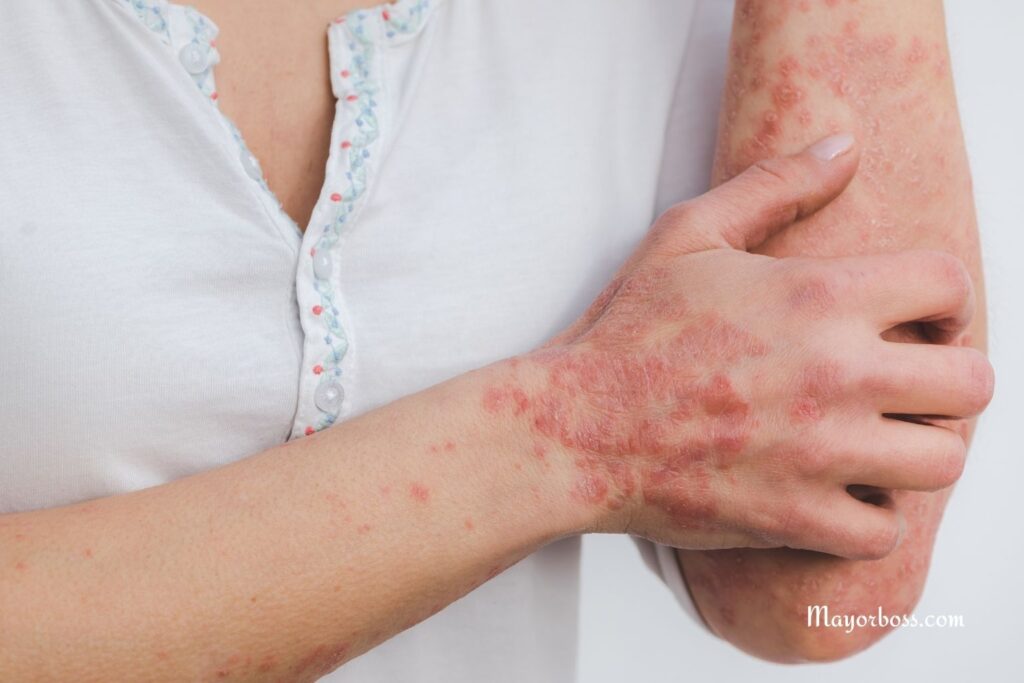
Direct contact with mold can lead to rashes, itching, or redness on the skin. Sensitive individuals may develop eczema-like patches. If you notice unexplained skin irritation that improves when you leave the house, mold should be considered as a possible trigger.
Headaches and Fatigue
Mold exposure may also affect your nervous system. Many people report frequent headaches, brain fog, or a sense of constant fatigue. This happens because your body’s immune system is constantly fighting off mold spores, leaving you drained of energy.
Worsening of Chronic Conditions
For individuals with existing health conditions—such as asthma, chronic bronchitis, or autoimmune diseases—mold can make symptoms worse. Children, older adults, and people with weak immune systems are especially vulnerable.
Mental Health Effects
Living with hidden mold may even affect mood and mental clarity. Some research suggests that mold toxins can contribute to anxiety, poor concentration, and depression-like symptoms.3 While mold isn’t the only cause of these issues, removing mold often improves mental well-being.
Long-Term Risks
In rare cases, long-term exposure to toxic molds, such as Stachybotrys chartarum (often called “black mold”), may lead to more serious health problems. These can include chronic lung issues, immune system suppression, and, in very extreme cases, organ damage. While most household mold is not life-threatening, it should never be ignored.
How to Protect Yourself
If you suspect hidden mold, it’s important to act quickly. Here are steps you can take:
- Inspect areas with leaks, dampness, or poor ventilation.
- Fix plumbing or roof leaks right away.
- Improve airflow in humid spaces by using exhaust fans or dehumidifiers.
- Clean visible mold with proper cleaning solutions, but avoid dry brushing, which can spread spores into the air.
- For large infestations, professional mold removal may be necessary.
When to Seek Medical Help
If you notice ongoing breathing problems, worsening asthma, unexplained rashes, or constant fatigue, speak with a healthcare provider. Let them know you may have been exposed to mold, as this can help guide diagnosis and treatment.
FAQs
1. Can mold exposure cause permanent health damage?
In most cases, symptoms improve once mold is removed. Severe or long-term exposure, especially to toxic molds, may cause lasting health effects, but this is less common.
2. How can I tell if my symptoms are from mold or allergies?
If your symptoms worsen indoors or improve when you spend time outside your home, mold could be the cause.
3. Can air purifiers help with mold?
Yes, HEPA air purifiers can capture mold spores in the air, but they do not remove the source of mold growth.
4. Is black mold more dangerous than other types?
Black mold produces toxins that may cause stronger symptoms, but all mold can be harmful if exposure continues.
5. Should I test my home for mold?
If you suspect hidden mold, testing can confirm its presence. Professional inspection is often more accurate than store-bought test kits.

